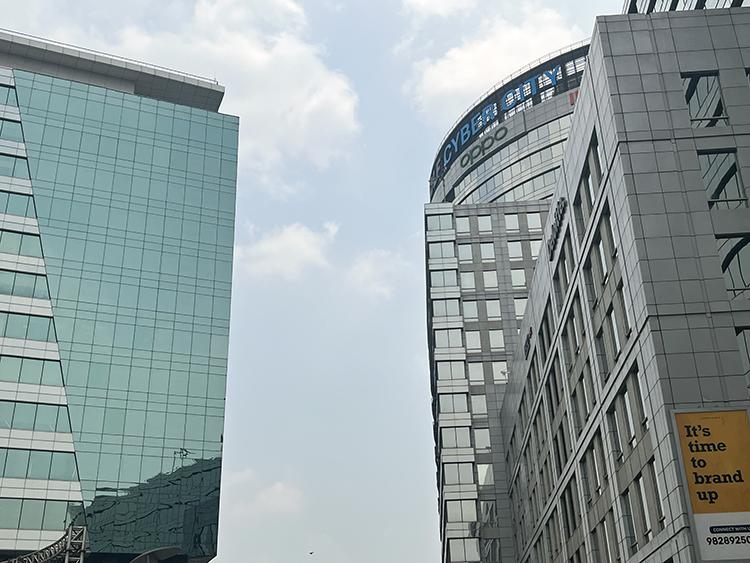India’s real estate turns greener as ESG drives surge in certified commercial buildings
India is experiencing a rapid transformation in commercial real estate as ESG (Environmental, Social, Governance) principles begin to reshape the built environment. A major driver of this shift has been the surge in certified green office buildings: by 2024, approximately two thirds of India’s Grade A office stock—equivalent to around 503 million sq ft—had achieved green certification, demonstrating developers’ embrace of sustainability standards.
This trend extends beyond certification numbers. Leasing activity has skewed decisively toward green buildings, with nearly 82 percent of new office leases in mid 2024 occurring in certified spaces. Occupiers from the tech, manufacturing and BFSI sectors accounted for the bulk of that demand, reflecting commitment to sustainability targets and ESG reporting requirements. Colliers projects that more than 70 percent of leasing will take place in green-certified offices by 2025, rising to 80–85 percent in the following years.
The performance of green buildings reinforces their appeal. Occupancy in certified Grade A offices averages between 80 and 90 percent, surpassing the 65–85 percent range typical of non-certified assets. In major cities such as Mumbai, Chennai and Hyderabad, rental premiums for green buildings now range from 14 percent up to 24 percent.
Government mandates have helped accelerate adoption. SEBI now requires India’s top 1,000 listed firms to disclose their ESG performance through sustainability reporting frameworks, elevating green-building considerations up the corporate agenda in leasing and investment decisions.
Certification bodies continue to expand their footprint. The Indian Green Building Council (IGBC) now oversees thousands of registered and rated projects across varied asset types, delivering operational efficiency gains in energy use, water savings, and waste reduction . Several leading Indian developers—such as Godrej Properties and Tata Realty—have publicly committed to targeting full green certification in their rental portfolios, while adopting carbon neutrality and waste recycling goals.
Market analysts see ESG as a catalyst for value transformation. Green-certified buildings boost not only sustainability credentials but also asset value, rental returns, and occupier satisfaction. Retrofits of older stock, renewable energy adoption, and sustainable design practices all play a role in supporting India’s goal of net-zero carbon emissions by 2070.
India’s real estate sector is entering a new era—fueled by occupier preference, regulatory momentum, and investor demand. As ESG becomes central to strategy rather than an add-on, green buildings are no longer an exception but increasingly the rule in India’s fast-growing urban economy.
© 2025 www.cijeurope.com









